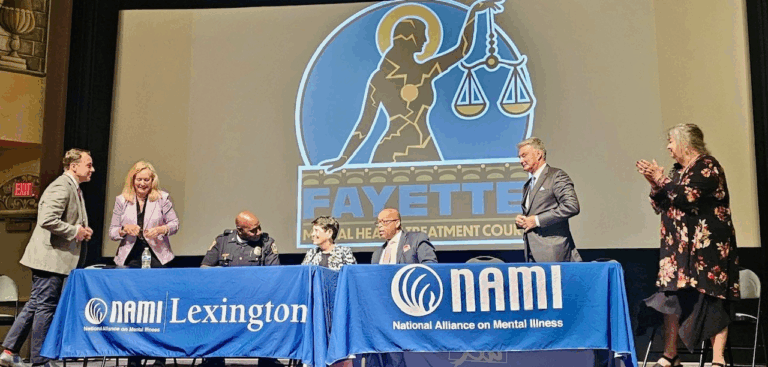 I had an interesting experience last week that made me wonder – Is collaboration included in what you do? It requires a special mind set, specific skills and produces an outcome that is often more successful. Maybe it’s something you’d benefit from including in your life?
I had an interesting experience last week that made me wonder – Is collaboration included in what you do? It requires a special mind set, specific skills and produces an outcome that is often more successful. Maybe it’s something you’d benefit from including in your life?
My husband had a spectacular concert in Nashville last week. I watched him rehearse with 16 other musicians and singers over many weeks. I watched the performance being put together and marveled at the process. The outcome was fantastic.
I wondered if collaboration was simply the nature of musicians and then realized that the industry is full of big egos who do not work like this. I realized that I was watching a very intentional and respectful work ethic. The results were proof that it’s worth the effort.
Here are the elements that I saw being utilized that made their musical collaboration successful. See if any of them are applicable to what you do.
COLLABORATION INVOLVES COMMUNICATING THE BIGGER VISION AND BEING OPEN TO INPUT
It started as a concept, to produce a two to three hour show based upon the music of 1971. Lee had organized this show in Lexington last year and it was a big success. Some musician friends wanted to do it in Nashville with their local talent. It meant rethinking it for a different venue and a different cast of artists.
They started the collaborative process from the inception of the project. They talked it through, exchanged ideas and sought input from other local artists. working from the big picture macro level to the detailed micro level.
The tone of collaboration begins with the vision for the project and moves through all the details
COLLABORATION MAKES ROOM FOR EVERYONE’S UNIQUE TALENT
Each song was selected by the artists based on their specific talent. Singers picked the songs that would best showcase their skills. Musicians that had the right talent for the song were invited in. Some songs were better sung solo, some were better with harmony. The artists for the horns, strings, harmonica and synthesizers were carefully selected for their specific expertise.
There were endless details to consider. Everyone had a specific role yet had to work with the larger group. It required discipline and coordination to create the desired effect.
Collaborating around each person’s specific skill meant everyone is important.
COLLABORATION REQUIRES LISTENING TO FEEDBACK, RESPONDING AND PUTTING YOUR EGO ASIDE
When such a large group of people are brought in to create something special, it means that the most important skill set everyone must have is the ability to listen and respond. It also requires that egos must be set aside to work toward the greater good.
The collaborative process requires tremendous maturity. it doesn’t work for people who want to show boat, have to be right or want all the control. Yes, someone has to corral the group and be in charge and everyone else has to respect that authority, but it also requires a continual feedback loop.
Collaboration requires maturity to listen, respond and be part of a greater good.
COLLABORATION HONORS EVERYONE’S CONTRIBUTION
The difference between collaborative processes and others is in how people are acknowledged. I was fascinated to see how in the 1971 concert each person was introduced and acknowledged each time they walked on stage, at every solo, and at the end of each song. People were being credited for their contribution.
In situations, when a single person is given credit, despite it being a group effort, the others who are central to the success can feel discounted. It creates an often-unspoken resentment that diminishes the joy of the creative process. Ego is being rewarded over collaboration.
For a collaborative process to be fully successful, everyone involved needs to be acknowledged.
As I reflected on the collaboration I witnesses in the 1971 show, I initially thought it was a function of necessity in the field of music and arts. But the truth is that there are plenty of examples where big egos are rewarded while other people’s roles are minimized. True collaboration involves everyone in the visioning process from the big picture idea to the execution of details. It matches people’s skills to the task so that everyone’s gifts serve a purpose. It requires maturity, openness, listening, responding and adapting to feedback to achieve the greater vision. Ego takes a back seat over the collective success. And finally, collaboration means everyone involved is honored though an ongoing process of acknowledgment.
How does the collaborative process compare to the situations you are involved in? Can you imagine the satisfaction of being more involved in collaboration? If you would like to explore this for yourself, I’d love to support you in that discovery. You can learn more about how I work by going to my website www.spectrumtransformation.com. Use my Free Consultation button if you’d like to discuss how I can help. I would love to hear from you.








